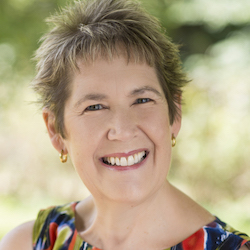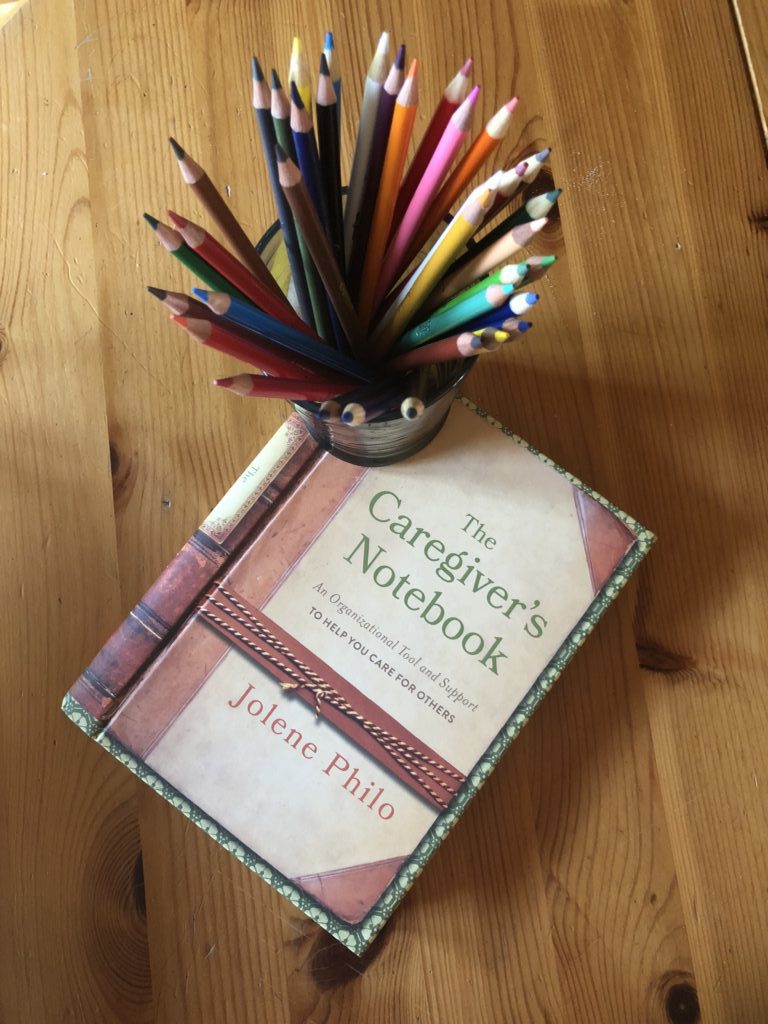Jolene Philo is the author of several books including Different Dream: A Practical Guide to Raising a Child with Special Needs. (Click on the title to find on Amazon). Jolene and I have both raised kids with special needs. We both know the toll of long-term caregiving. Her wise words are a balm for weary caregivers everywhere. So happy to welcome Jolene here today.
Can we please stop making self-care for caregivers a dirty word? I’m talking about the long, negative threads made in response to articles that encourage self-care. Mostly comments from overwhelmed parents of kids with special needs or time -pinched adult children looking after elderly parents. I understand where caregivers are coming from because I’ve been there, too.
For the same reason, I also know self-care is essential.
Even when time is short.
Especially when caregivers are overwhelmed.
We have to stop making self-care for caregivers a dirty word. It’s not an easy task, to be sure. But these 4 strategies can help caregivers shift from blasting self-care to practicing it.
Strategy #1: Carve Out Realistic Time and Space for Self-Care
The key word here is realistic. As in a small amount of time. Perhaps only 5 minutes a day. Or 30 minutes once a week. Whatever fits into your schedule. An easily accessible place could be a corner of your bedroom or the kitchen table. Or, and I mean this sincerely, on the toilet. Which was once the only place I could get away from my very sick baby while my husband held him.
Strategy #2: Practice Self-Care that Will Feed Your Soul
Because schedules are tight and time is short, select self-care activities carefully. Stick with those that feed your soul. In other words, engage in self-care that is life-giving for you. Choose activities that give you energy and stay away from those that leave you depleted.
Strategy #3: Self-Care Should Promote Good Physical, Mental, or Spiritual Health
Some activities that feel life-giving can have long-term, detrimental effects. A steaming cup of coffee at 4 in the afternoon may feed your weary soul. But if the caffeine keeps you awake half the night, it’s not doing long-term good. A switch to herbal tea might be wise. An online support group can put you in touch with people who understand what your life is like, but if the tone of the group is toxic, you may become depressed. A preacher whose positive messages subtly twist Scripture to make it more palatable can lead you away from the truth of Jesus. Therefore, part of self-care is evaluating whether your choices are leading to better health. If they aren’t, you need to make some changes.
Strategy #4: Expect Your Self-Care to Be Unique
Your self-care will be unique, depending on where and when you can practice it, what feeds your soul, and what nurtures your health. For example, my friend Heather Johnson, who created this blog, practices self-care by riding horses. It feeds her soul, and since she and her husband have a riding stable, it’s easily accessible for her. On the other hand, I would never choose horseback riding. The thought of it sucks me dry, and the practice of it? Let’s not go there. An early morning walk, however, beside a nearby lake while listening to an audiobook is wholly refreshing to me.
Do you have an idea of what feeds your soul? If not, the list below can help you get started:
- Read your Bible or a good book in a quiet corner of your bedroom, living room, or porch
- Listen to a podcast about a topic that fascinates you
- Listen to audiobooks
- Exercise (to a video at home or in a class elsewhere)
- Coffee with a friend
- Bible study at a church that provides adult or child care
- Meal out with your honey
- Garden
- Sit outside at sunrise or sunset
- Bake something for your family or neighbors
- Read a book or magazine
- Take up a craft or hobby
- Join a positive online support group
- Watch a TV series with a hopeful message
Caregiving is hard work. It is also the holy work God has called many of us to do. I hope these strategies and ideas are the encouragement you need to stop making self-care for caregivers a dirty word. I hope they empower you to complete the good work He is doing in and through you.
Jolene Philo is the mother of a son born with life-threatening special needs. She’s the daughter of a father severely affected by multiple sclerosis. In her 25 years as an educator, she integrated children with special needs into her classroom. She’s written 5 books about caregiving, special needs parenting, and childhood PTSD. She is currently co-writing a book with Dr. Gary Chapman about how parents of kids with special needs can use the 5 love languages. Jolene speaks at conferences domestically and internationally, teaches classes about childhood trauma for educators, and trains special needs ministry leaders and volunteers. She blogs at www.DifferentDream.com. She and her husband live in Iowa.




